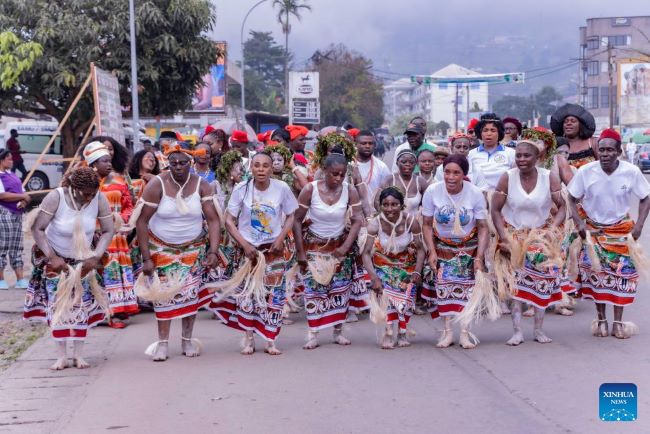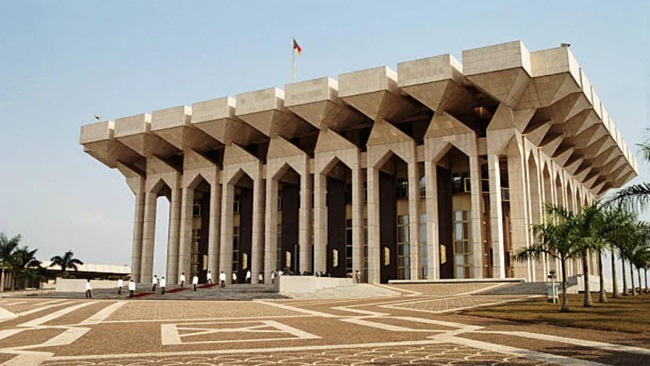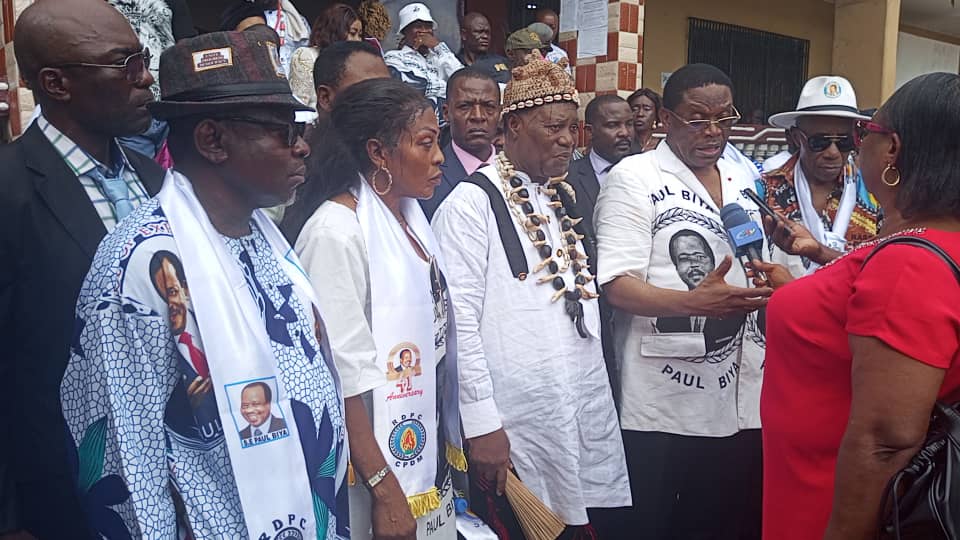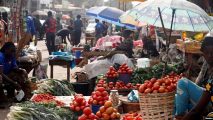Privacy Overview
This website uses cookies so that we can provide you with the best user experience possible. Cookie information is stored in your browser and performs functions such as recognising you when you return to our website and helping our team to understand which sections of the website you find most interesting and useful.


















8, September 2019
Ambazonia-Nigeria Crisis: Understanding the appeal against life terms for S.Cameroons leaders 0
An appeal, funded by residents of Canada, has been lodged against the sentences of life imprisonment handed down last month by a Cameroonian military tribunal to six academics arrested in Abuja, Nigeria, and deported back to Cameroon in January 2018.
The academics – who were teaching in Nigerian universities and had lived in the country in some cases for many years, marrying Nigerians and raising children there – were accused of terrorism and of belonging to an outlawed organisation, the aim of which was to facilitate the secession of Anglophone Cameroon from the rest of the country.
The academics are: Professor Augustine Awasum of Ahmadu Bello University, Zaria; Dr Tata Henry Kimeng, associate professor at Ahmadu Bello University, Zaria; Dr Egbe Nguitui Ogork, associate professor at Bayero University, Kano; Dr Fidelis Nde-Che, associate professor at the American University of Nigeria in Yola; Dr Cornelius Kwanga, a senior lecturer at Umaru Musa Yar’adua University; and Dr Sisiku Julius Ayuk Tabe of the American University of Nigeria in Yola.
Ayuk Tabe is reportedly the first self-proclaimed president of “Ambazonia”, a breakaway state declared in October 2017 in two English-speaking regions of Cameroon.
Barrister was ‘merely an observer’
The academics’ barrister Paddy Yong told University World News his role in the hearing was merely that of an “observer” but he had filed an appeal a few days after the ruling.
He said some “patriotic” Anglophone Cameroonians resident in Canada had contributed jointly towards the non-refundable sum of US$10,000 required to appeal the tribunal’s decision. “I have sent this amount of money to a dedicated bank account of the government treasury in Yaoundé,” he confirmed.
He said as a sign of solidarity with the convicted academics, Anglophone lawyers in the country had unanimously agreed to go on strike for four days.
The six academics were arrested after a meeting in January 2018 at a hotel in Abuja, Nigeria, where they apparently gathered to discuss the humanitarian situation facing Anglophone Cameroonian refugees in Nigeria. They were among 47 other separatists also arrested at the same time.
Two major objections
Yong said the trial had not been open to the public and had gone ahead despite him raising two major objections.
“When the trial was to commence, I raised two fundamental objections. First, I objected to the fact the military tribunal was headed by Lieutenant Colonel Misse Njone Jacques Beaudoin and that five other high-ranking military officers were members of the presiding panel. I objected to the fact that those accused were civilians who did not participate in any military uprising.
“My second objection was to the fact of the trial being conducted in French. My clients are Anglophone Cameroonians. Therefore, the trial should be held in English.”
Yong said his two objections were rejected. “But the trial continued. My role was reduced to that of an observer,” he said.
According to Yong, the linguistic crisis had its roots in what he called the “naïve” marriage between elites of Anglophone Cameroon and Francophone Cameroon on 1 October 1961 to form the Federal Republic of Cameroon. He said the bilingualism upon which the federal republic was founded had not prevailed for many years.
In March this year, two separate judgments handed down by the Federal High Court in Abuja found that the arrest and detention of the academics was unconstitutional and that their deportation from Nigeria to Cameroon was illegal.
Problematic judgment
Nigerian barrister Abdul Oroh, who represented the academics when they were still in Nigeria, told University World News the ruling was problematic on three grounds.
“First, a Nigerian High Court sitting in Abuja declared illegal the forceful abduction of these university teachers and said they should be returned from Cameroon to their respective universities in Nigeria where they were working.
“Second, the trial of civilians by a military court was challenged as an aberration in the Court of Law in Yaoundé. The military tribunal ignored this case and continued with its assignment.
“And third, the judgment of life imprisonment smacks of a travesty of justice,” he said.
Culled from University World News